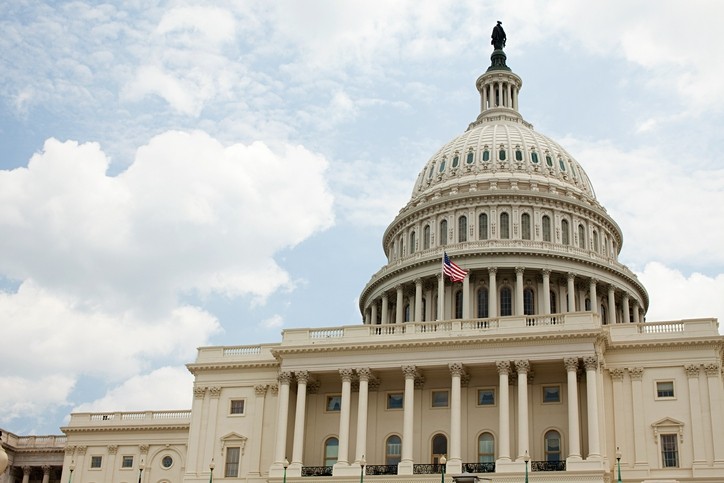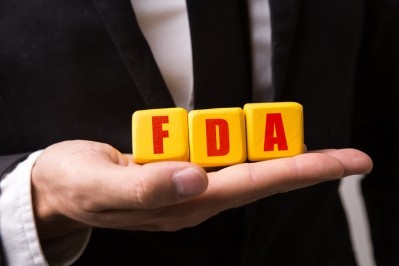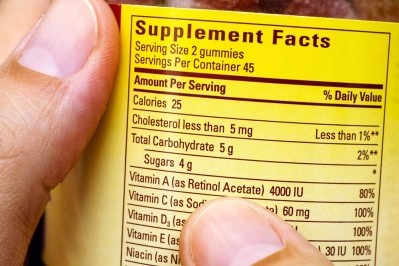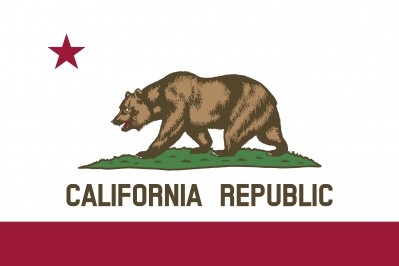Durbin’s call for mandatory product listing finds support—and opposition— from industry

Durbin announced his intent to introduce the bill, which has Sen. Mike Braun, R-IN, as a cosponsor, in the 11-minute speech broadcast yesterday on CNN.
Durbin noted that under the current regime, the US Food and Drug Administration has no firm figure for the number of dietary supplement products on the market. That makes enforcement of non compliant products an issue, which he illustrated with a recounting of a Consumer Reports investigation into the illegal sale of tianeptine, an antidepressant medication.
Durbin said the bill would require dietary supplement manufactures to provide FDA “the names of products, the ingredients they contain, an electronic copy of the label, a list of any health claims they’ve made, and more.”
With the exception of the ‘and more’ addition, Durbin’s list of what a Mandatory Product Listing (MPL) should include is similar to others that have been suggested as part of the discussions about how the 28-year-old Dietary Supplements Health and Education Act might be updated to match current market conditions. The discussions have been informally branded as ‘DSHEA 2.0.’
Some support within industry
The mandatory product listing requirement has garnered some support within the industry, notably from the Council for Responsible Nutrition (CRN), the Consumer Healthcare Products Association (CHPA) and the United Natural Products Alliance (UNPA).
Scott Melville, president and CEO of CHPA said, “Mandatory Product Listing is an important component of modernizing DSHEA, but more needs to be done to enhance quality, ensure safety, and provide the transparency and predictability needed to promote innovation in the dietary supplement industry. We look forward to continuing to work with the bill sponsors on our shared commitment to provide greater oversight of products that 77% of Americans have used over the past calendar year.”
The United Natural Products Alliance (UNPA) also chimed in with a positive take on the news:
“UNPA has consistently supported steps to assure the appropriate regulation of dietary supplements and sees the introduction of this bill as a positive step forward. We support the concept of mandatory product listing for supplements and we are reviewing the important details of the Durbin-Braun bill,” the statement said.
“We believe that final legislation should be structured in a manner that results in the broadest possible compliance so that it truly does provides FDA and consumers with useful information,” UNPA added.
Opponents stick to their arguments
The Natural Products Association has been one of the stakeholders that has led the pushback against a listing requirement. NPA president and CEO Daniel Fabricant, PhD, has said on a number of occasions that the information required is already easily available from public sources and a new listing requirement would add complexity and cost without further protecting consumers. The current regulatory regime has delivered a high degree of consumer safety for almost 30 years, something that shouldn’t be ignored, Fabricant said.
“NPA is deeply concerned with the Dietary Supplement Listing Act of 2022, which would establish pre-market approval for dietary supplements. The FDA has several tools at its disposal, including mandatory facility registration, with associated penalties for failure to comply,” Fabricant said.
“The FDA already has access to information regarding who is making dietary supplements, what products are made at which facilities, when new ingredients are introduced into commerce, and whether any products are associated with serious adverse events,” he added.
The American Herbal Products Association (AHPA) has also consistently opposed the need for an MPL.
“AHPA has a significant track record of supporting statutory amendments to the Federal Food, Drug, and Cosmetic Act when they clearly benefit consumers and when such amendments achieve their ends in a manner that minimizes burdens on the regulated trade. But, to date, neither the US Food and Drug Administration (FDA) nor other advocates for MPL have clearly articulated the need for this premarket product listing requirement. In addition, the legislation introduced by Senators Durbin and Braun would create unnecessary, significant, and redundant burdens on industry,” AHPA said in a statement.
“AHPA has emphasized for several years that the current federal regulatory framework for dietary supplements supports the industry and consumers. Further, AHPA has stated this framework provides FDA with all of the authority needed to properly regulate dietary supplements, and thus an MPL requirement is unnecessary. Nothing in this newly introduced legislation has modified these views,” the statement continued.
Critic: Bill would be window dressing
Prominent industry critic Dr. Pieter Cohen, MD, of the Harvard Medical School, said the proposed Durbin-Braun bill would do little to remove from the market the kind of products that contain dodgy ingredients that he has exposed in studies published over the past several years.
“I do not think this should be enacted into law. I think it’s a waste of taxpayer money. It would distract FDA with more paperwork without giving it any more authority to remove products that contain illegal drugs from the market,” Dr Cohen told NutraIngredients-USA.
How might the process work at the product level?
Larissa Pavlick, UNPA’s vice president of regulatory and compliance, had her own unique perspective, as she has been an FDA inspector, a finished goods product manager, and now a trade organization official. She said while the listing idea itself was not new, she would like more information on what irksome details might lurk within Durbin’s ‘and more’ statement.
“My questions related to the ‘and more’:
- Do you think the ‘bad actor’ dietary supplement companies will participate in MPL?
- If not, how will this benefit the honest and ethical manufacturers and brand owners, and regulators?
- How will this database be utilized by regulators?
- How will it compare and contrast to the NIH voluntary label database?”
Pavlick said the time required to comply with a listing requirement shouldn’t be written off as a priori negligible. It could prove to be a significant burden, which might ultimately raise prices for consumers or stifle the appearance of new products on the market.
“In my background as a senior buyer and product manager for a large company, our team managed 1,800 active dietary supplement SKUs for five marketing divisions. My industry experience says, how is this going to work?” she concluded.
Durbin’s office did not respond in time for publication for a request for more information on what the precise listings requirements in the bill might be.









